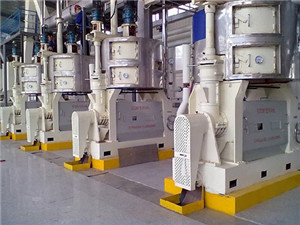In the modern world, soybean oil has become one of the most widely sought-after edible oils owing to its versatile applications and benefits. The process of producing soybean oil involves several critical stages, each catered towards maximizing the yield and quality of the final product. This article explores the efficient soybean oil process machines available in the market, focusing on their functions, advantages, and applications in various industries.
The process of soybean oil production entails multiple stages, ensuring that the oil extracted is of the highest quality. The key stages include:
The first step is cleaning the soybeans to remove any foreign materials. Equipment such as vibrating screens and magnetic separators are employed to ensure the soybeans are free from impurities.
Next, the cleaned soybeans are crushed into small particles and then flaked to enhance extraction efficiency. This process is crucial for maximizing the oil yield from the soybeans.
The flakes undergo conditioning, where they are heated to improve oil extraction. This step reduces the oil's viscosity, aiding the extraction process.
Oil extraction is critical, utilizing either mechanical pressing with screw presses or solvent extraction methods. Solvent extraction is more efficient for industrial-scale production as it recovers nearly all the oil.
Investing in soybean oil process machines provides numerous advantages, including:
These machines find their application in several sectors, including:

Soybean oil process machines are indispensable in the efficient extraction and refining of soybean oil. With increasing demand for both edible oils and biofuels, investing in these machines not only ensures a profitable operation but also supports sustainability in production. Their versatility, efficiency, and scalability make them a suitable investment for businesses ranging from small startups to large industrial producers.


